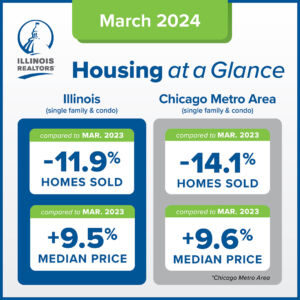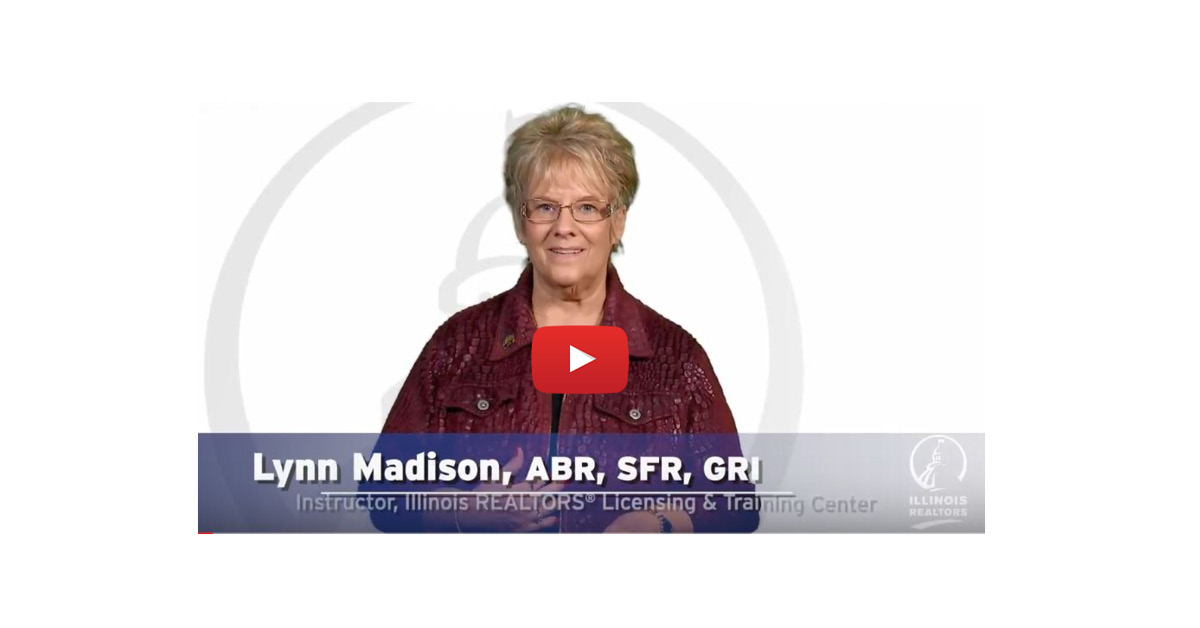The National Fire Sprinkler Association, an organization that advocates for municipalities to mandate fire sprinkler systems in new construction single-family homes, advises its members that “statistics can often confuse a decision and make the public officials question what otherwise would have been a 5 – 0 vote to pass a fire sprinkler requirement.”
The sprinkler industry and sprinkler advocates know that a sprinkler mandate in a community is often won based on emotion and the understandable desire by public officials to protect the public at any and all costs. But, they also know that no issue is cut and dry and that statistics provide balance to the debate. There is in fact another compelling side to the issue—mandating fire sprinklers in new, single-family houses increases housing costs, confiscates the choice of the consumer, and is an overreaching “solution” to a problem that does not really exist.
By far, newer homes pose a significantly lower fire risk to inhabitants than older homes. New construction technology and other prevention efforts have resulted in a dramatic decrease in fire fatalities over the past two decades. That number is even more impressive given the considerable increase in population and the housing stock over the same period.
Despite the good intentions of many sprinkler mandate advocates, residential sprinkler mandates misdirect valuable resources from the most dangerous housing stock to the safest.
The Illinois Association of REALTORS® Advocacy Program has just published a new guide, The Impact of Mandating Fire Sprinkler Systems, to provide a broader perspective to public policy makers on this complicated and controversial issue.
Available electronically or in hard copy through IAR, the guide gives its readers an annotated perspective of some of the most compelling arguments against a fire sprinkler mandate. Such a piece gives public officials the opportunity to quickly understand that another side to the story exists; it gets the dialogue started and allows the local Government Affairs Directors to delve further into the issue with the elected official.
This is a tough issue that is spreading fast throughout the state, but our facts have indeed won over a number of elected officials who have taken the time to better understand the issue at hand.
For a copy of The Impact of Mandating Fire Sprinkler Systems contact IAR at 217/529-2600 or the local Governmental Affairs Directors in your area.



 Create professional development programs that help REALTORS® strengthen their businesses.
Create professional development programs that help REALTORS® strengthen their businesses.
 Protect private property rights and promote the value of REALTORS®.
Protect private property rights and promote the value of REALTORS®.
 Advance ethics enforcement programs that increase REALTOR® professionalism.
Advance ethics enforcement programs that increase REALTOR® professionalism.
 Protect REALTORS® by providing legal guidance and education.
Protect REALTORS® by providing legal guidance and education. Stay current on industry issues with daily news from Illinois REALTORS®, network with other professionals, attend a seminar, and keep up with industry trends through events throughout the year.
Stay current on industry issues with daily news from Illinois REALTORS®, network with other professionals, attend a seminar, and keep up with industry trends through events throughout the year.






